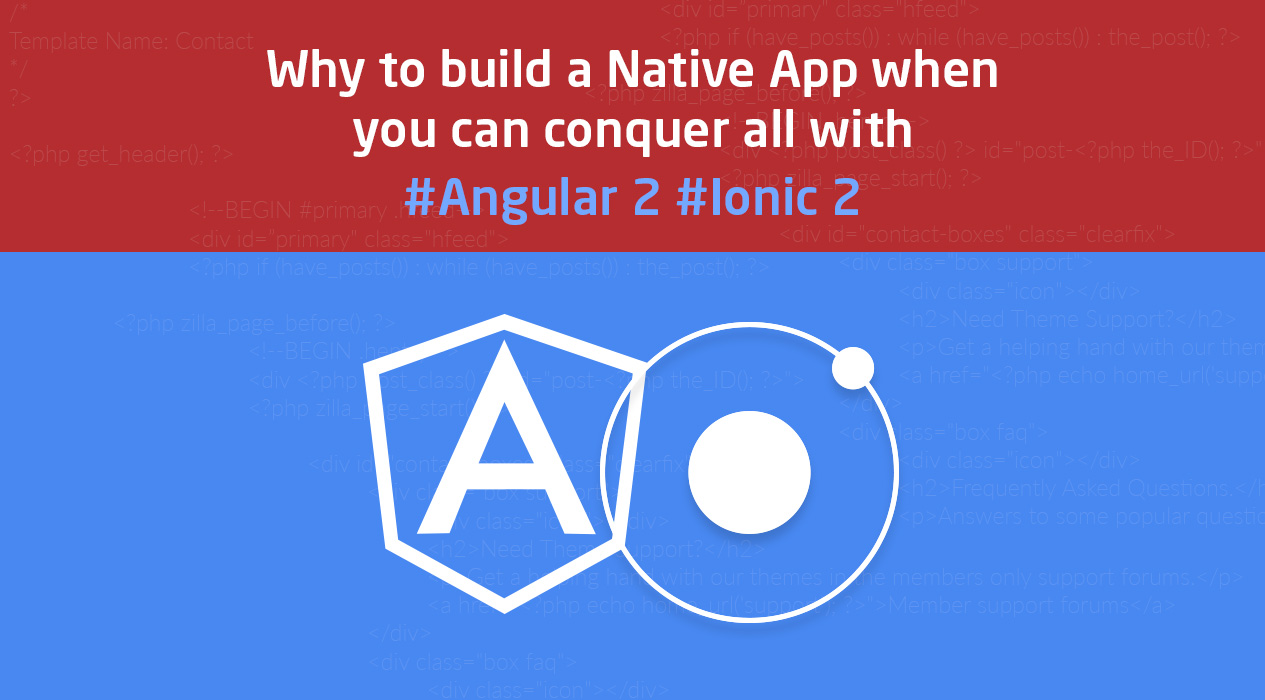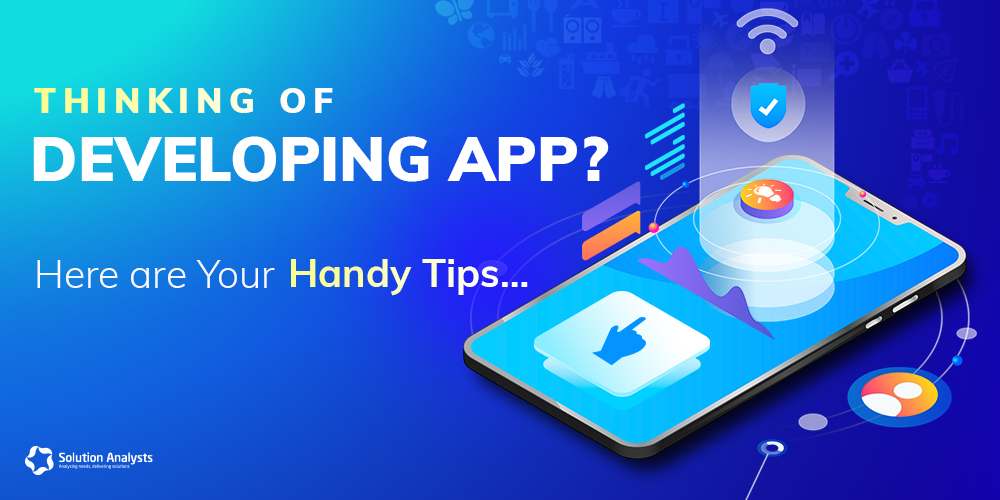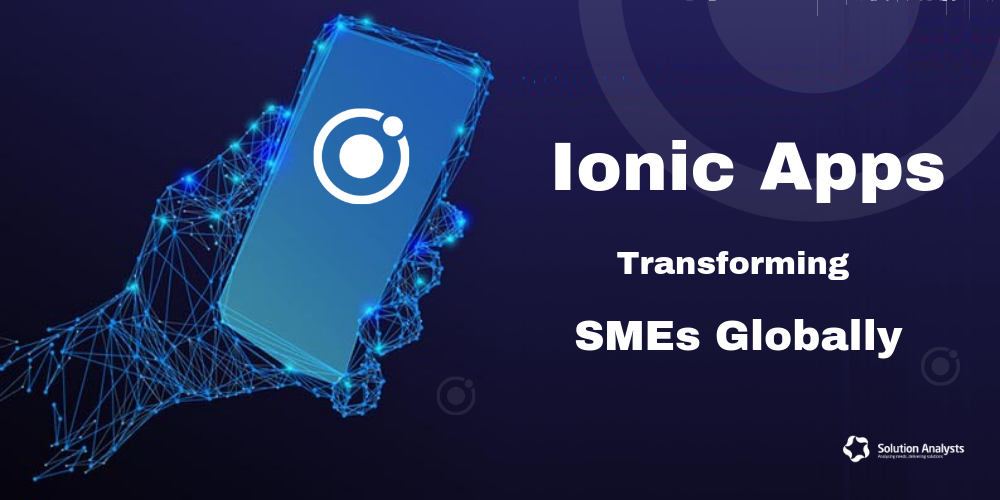
Table of Contents
Native apps require multiple codes for individual platform, which translates into increased development and maintenance cost. Ionic applications offer the advantage of single development codes using AngularJS of the JavaScript language.
Understanding Ionic and AngularJS Role
AngularJS facilitates developers with user interface elements that can be easily integrated so that they can work on making their application powerful. Ionic is an extension to native app development platforms such as Cordova and PhoneGap, in that it plays a role in front-end UI framework development.
It offers solutions for mobile web app and native mobile app development. Further, AngularJS easily interacts with the back-end web services and external data sources. This relieves a lot of mobile’s internal memory and creates easy connect with cloud for data storage and access.
Stay Mobile with Mobile
An Apple Smartphone user can easily migrate to Android and similarly people may also adopt Windows Phone or other native platforms. By adopting hybrid applications, the app becomes fluid and platform irrelevant as it can be seamlessly accessed across devices.
Fluidity of the app across mobile platform is an essential feature especially for enterprise applications. Most companies have a BYOD policy, and where there isn’t, the company may use and operating system and opt to change their choice of platform as well. In such cases, having a hybrid application helps the business manage development costs.
Data-Binding All the Way
AngularJS and Ionic platform offer a lot of leverage for scaling applications. The structured operations and streamlined codes with ready-to-use components support fast updates and easy integration. It facilitates data-binding in UI update, with model update and even simultaneous back-end data update.
Users can thus maintain the data intact across devices and the experience remains uniform in the transitioning phase. This feature saves immense amounts of time and resources for developers.
Ionic and AngularJS
Ionic is a frontend SDK and with AngularJS it facilitates building cross-platform apps with services such as analytics and push notifications integrated. Ionic has AngularJS directives and components built into it.
The JavaScript portions of Ionic apps are built using AngularJS. Whereas Ionic works with Angular 1.0, Ionic 2 works with Angular 2. Angular extends HTML with its UI components and directives.
Ionic can be used to build and run native apps too. Its starter templates facilitate rapid app development and are highly customizable.









 sales@solutionanalysts.com
sales@solutionanalysts.com solution.analysts
solution.analysts






